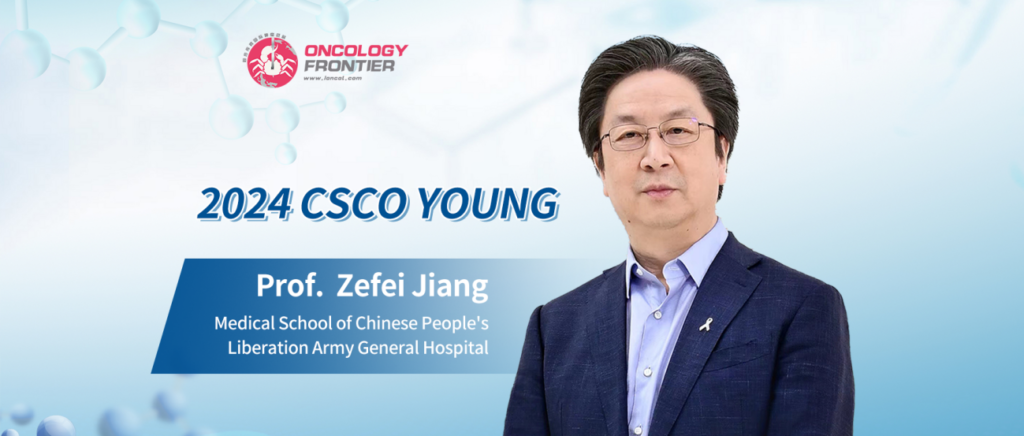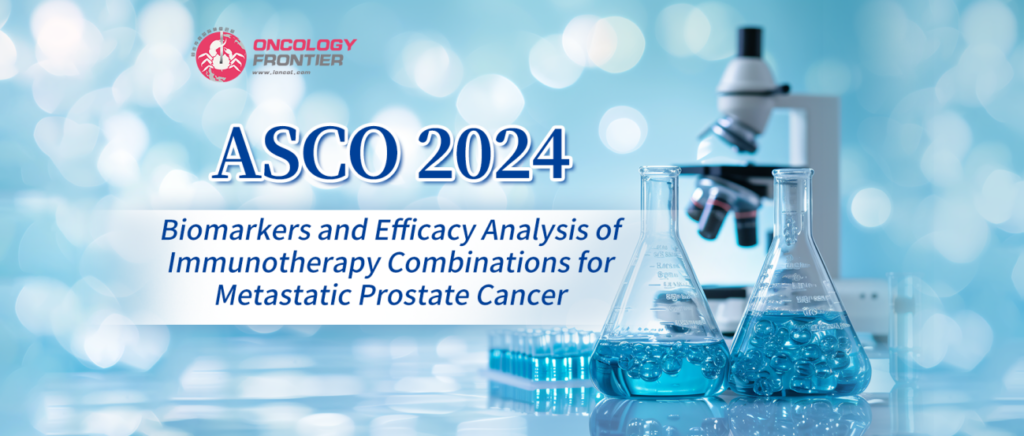Professors Bing Chen and Lijuan Chen’s Team: FUMANBA-2 Study Opens New Horizons for Treating High-Risk Newly Diagnosed Multiple Myeloma
The 29th Annual Congress of the European Hematology Association (EHA) took place from June 13 to June 16, 2024, in Madrid, Spain. On the afternoon of June 15, local time, Professor Bing Chen from Nanjing Drum Tower Hospital affiliated with Nanjing University Medical School presented the latest data from the FUMANBA-2 study in an oral report at the main venue of the EHA conference, attracting global medical attention. This study, co-led by Professor Bing Chen and Professor Lijuan Chen from Jiangsu Province People's Hospital, utilizes an all-human BCMA-targeted chimeric antigen receptor T-cell (CAR-T) therapy to bring new hope to high-risk newly diagnosed multiple myeloma (NDMM) patients, heralding a new chapter in multiple myeloma treatment. "Oncology Frontier - Hematology Frontier" invited Professor Bing Chen to provide an in-depth interpretation of the study background, design, and results of the FUMANBA-2 study for our readers.





